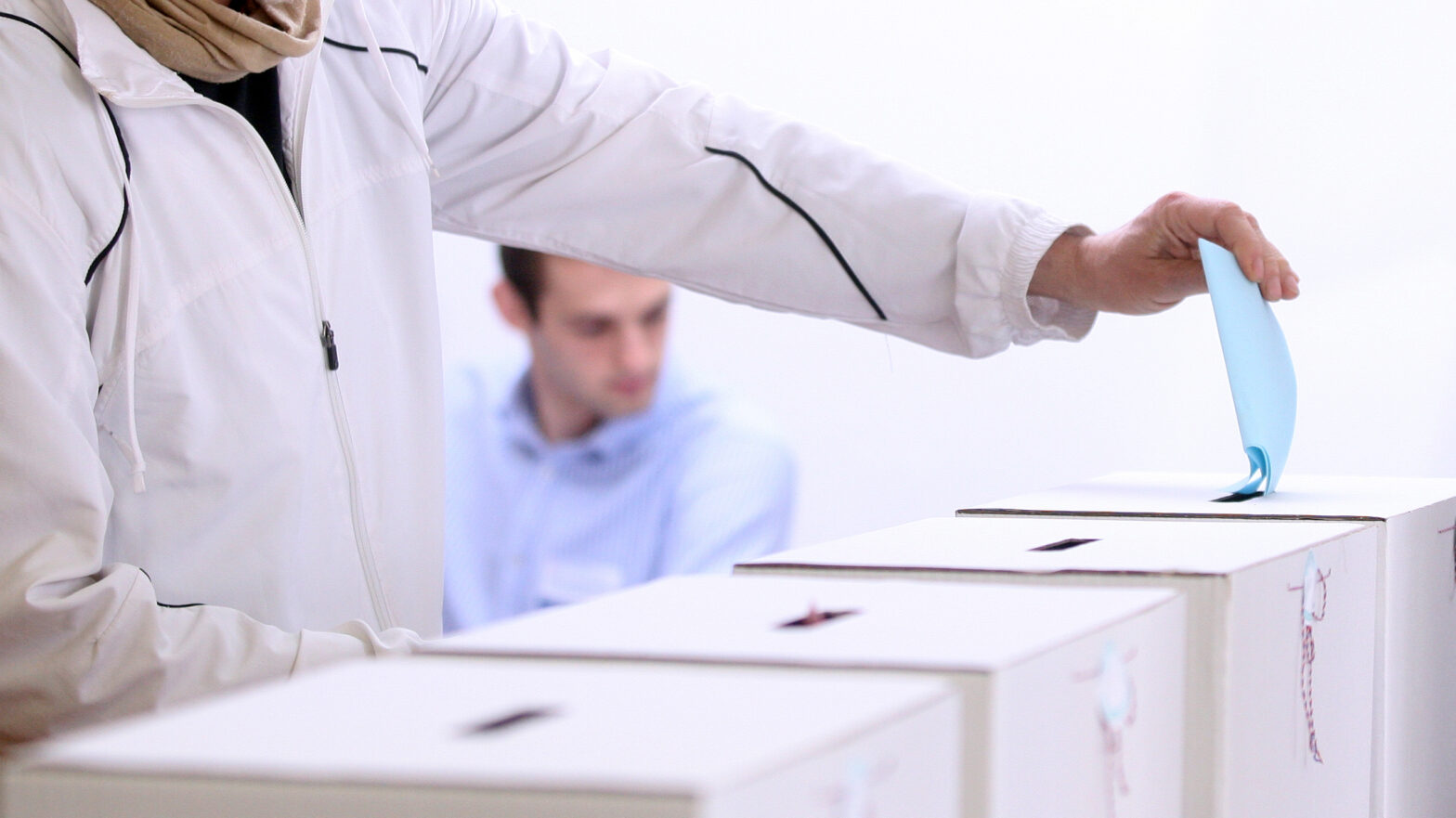A ban on electioneering went into force at midnight on Friday and will last until 1900 hrs Sunday when polling stations close for Croatia’s presidential election in which the incumbent head of state Ivo Josipovic and three challengers are competing.
Campaigning ban in place ahead of Croatia’s presidential poll on Sunday
The State Electoral Commission (DIP) explains that ban refers to electioneering communications disseminated through a means such as a broadcast station, radio station, cable television system or satellite system, newspaper, magazine, periodical, billboard advertisement, or mail as well as the Internet and social networks.
The ban is lifted upon the closure of polling stations at 1900 hrs Sunday and DIP is expected to issue preliminary incomplete results at 2000 hrs on its web site and will update the information over the course of the night.
Apart from the incumbent president Ivo Josipovic, supported by the Social Democratic Party (SDP) and another parties in the ruling coalition, the other three candidates are diplomat and former minister Kolinda Grabar Kitarovic of the strongest Opposition party — the Croatian Democratic Union (HDZ) –, gastroenterologist Milan Kujundzic, supported by “the Alliance for Croatia” consisting of the parliamentary HDSSB party and a few nonparliamentary parties and political activist and the youngest candidate in Croatia’s presidential polls so far, Ivan Vilibor Sincic, 25, supported by civil society organisation “Human Barrier”.
Slightly below 3.8 million Croatians are eligible to vote in the sixth presidential election since the country gained independence.
The winner will be the candidate who receives a majority of the vote (50% + 1 vote). In the event that none of the four candidates musters the required majority of the vote on Sunday, Croatia will hold the runoff in two weeks’ time with the first two vote-getters vying for the presidential five-year term.
Around 22,000 observers will be engaged in monitoring the presidential election on Sunday.
As there will be 6,350 polling stations, that means that there will be an average 3.5 observers per polling station.
The observers will be representing various NGOs and political parties backing the candidates who are running in the election.
Before the ban on electioneering began, the four candidates took part in their last televised debate. In that debate organised earlier on Friday by the national broadcaster (HTV), they commented on a Christmas sermon by Zagreb Archbishop, Cardinal Josip Bozanic, in which he referred to “ideologists of rubble”. Grabar Kitarovic interpreted this expression as criticism targeted against the current government, while Josipovic saw it as criticism of those who had plundered Croatia since its independence. Kujundzic and Sincic interpreted “ideologists of rubble” as a comment on the performance of the two major parties — the SDP and the HDZ.
They also exchanged views on several other topics, including the developments surrounding the oil and gas company INA, intelligence services, war veterans’ protests and so on.
